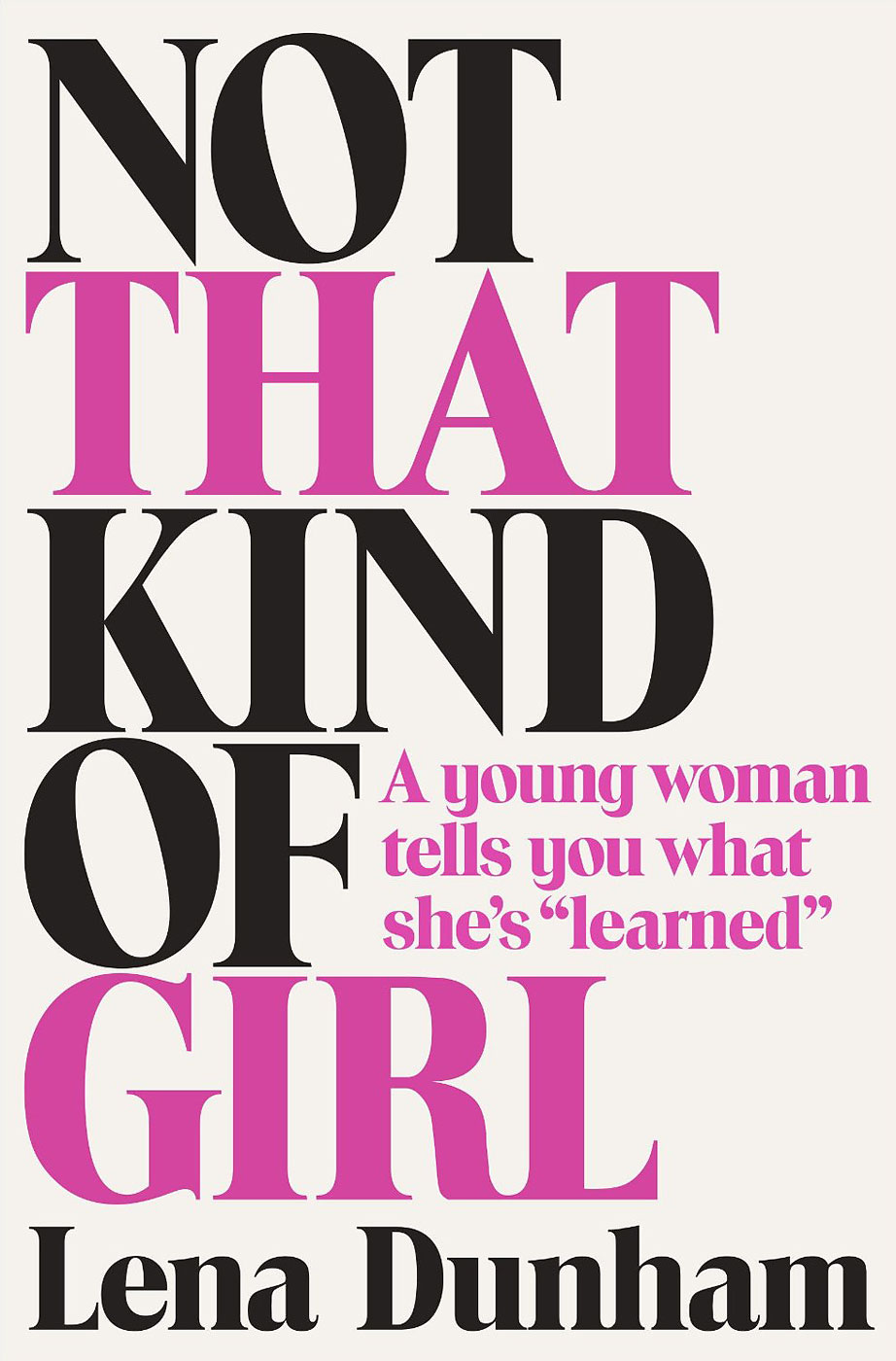
In her recent essay collection, Not That Kind of Girl, Lena Dunham recounts being sexually assaulted as an undergraduate by a fellow student named Barry whom she portrays as Oberlin College’s “resident conservative” at the time. He wore cowboy boots and sported a moustache, hosted a radio show and worked at the library. This description, it turns out, is very similar to an actual student named Barry, who, since the book’s publication, has denied he raped Dunham. According to the Hollywood Reporter, his attorney, Aaron Minc, has requested that Dunham’s publisher, Random House, alter the passage to indicate that the name is a pseudonym, and the publisher has agreed to comply.
Random House told Minc that his client is not the rapist Dunham writes about in her book. The publisher has also offered to pay Minc’s client’s legal fees, although Minc says, “Ideally, we were looking for something from Miss Dunham.” Minc says he believes his client is a victim of libel, but hoped that remedial action from Dunham and her publisher would ease Barry’s suffering and prevent the decision to take legal action.
Lena Dunham responded to the debate over her essay and her decision to include details in her book about her alleged assailant in an essay published by Buzzfeed on Tuesday evening. In the piece, she apologizes for any harm she may have caused the ‘real-life’ Barry:
To be very clear, “Barry” is a pseudonym, not the name of the man who assaulted me, and any resemblance to a person with this name is an unfortunate and surreal coincidence. I am sorry about all he has experienced.
Speaking out was never about exposing the man who assaulted me. Rather, it was about exposing my shame, letting it dry out in the sun. I did not wish to be contacted by him or to open a criminal investigation.
Following the book’s publication in September, the conservative news site Breitbart.com launched an investigation into the specifics of the alleged assault as described by Dunham. And on Tuesday, Kurt Bardella, a spokesperson for Breitbart.com, had this to say about the site’s investigation and Dunham’s apology:
The investigative piece published by Breitbart was never about trying to prove if Lena Dunham was raped or not–that’s absurd and impossible–rather the piece was about a real-life person named Barry who, regardless of her intentions, found himself at the center of a story he was never a participant in and doing him the courtesy of due diligence that he wasn’t afforded prior to the publication of Lena Dunham’s book. By her own admission, the “resemblance to a person with this name is an unfortunate and surreal coincidence” but also illustrates the unintended consequences that can reverberate when chronicling such a sensitive story. The story of real-life Barry and of Leah Dunham’s rape are not mutually exclusive–one doesn’t have to be right for the other to be wrong–they can both be right and in Breitbart’s eyes, they should both be told.
The debate strikes a sensitive chord at a time when discussions about rape on college campuses are more charged than ever.
Dunham appears to have predicted some of the fallout from the story. She told Howard Stern back in October, “This was an essay I was very anxious and self-conscious about putting in the book because we are in a current culture where everything is turned into a game of telephone and it turns into a headline.” Still, she says she hopes speaking out would make an impact on the many young women who blame themselves for being sexually assaulted.
Editor’s note: This piece has been updated to reflect Lena Dunham’s apology regarding the portion of her book about sexual assault.
More Must-Reads from TIME
- How Donald Trump Won
- The Best Inventions of 2024
- Why Sleep Is the Key to Living Longer
- Robert Zemeckis Just Wants to Move You
- How to Break 8 Toxic Communication Habits
- Nicola Coughlan Bet on Herself—And Won
- Why Vinegar Is So Good for You
- Meet TIME's Newest Class of Next Generation Leaders
Write to Eliza Berman at eliza.berman@time.com